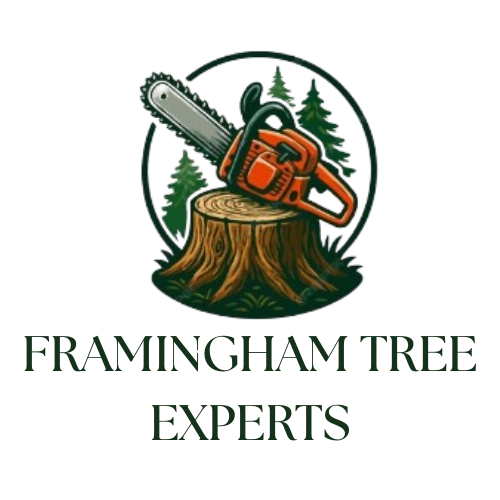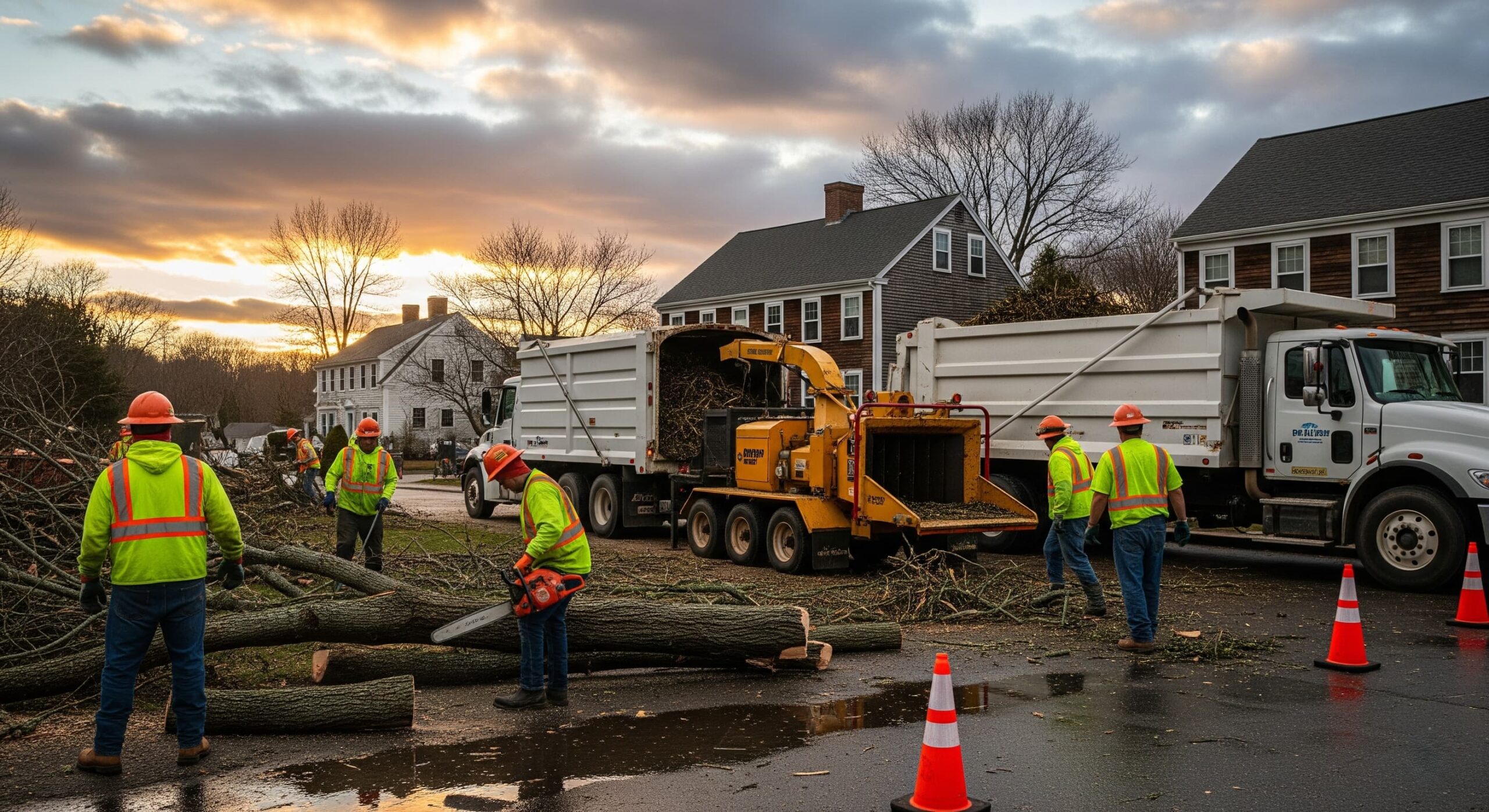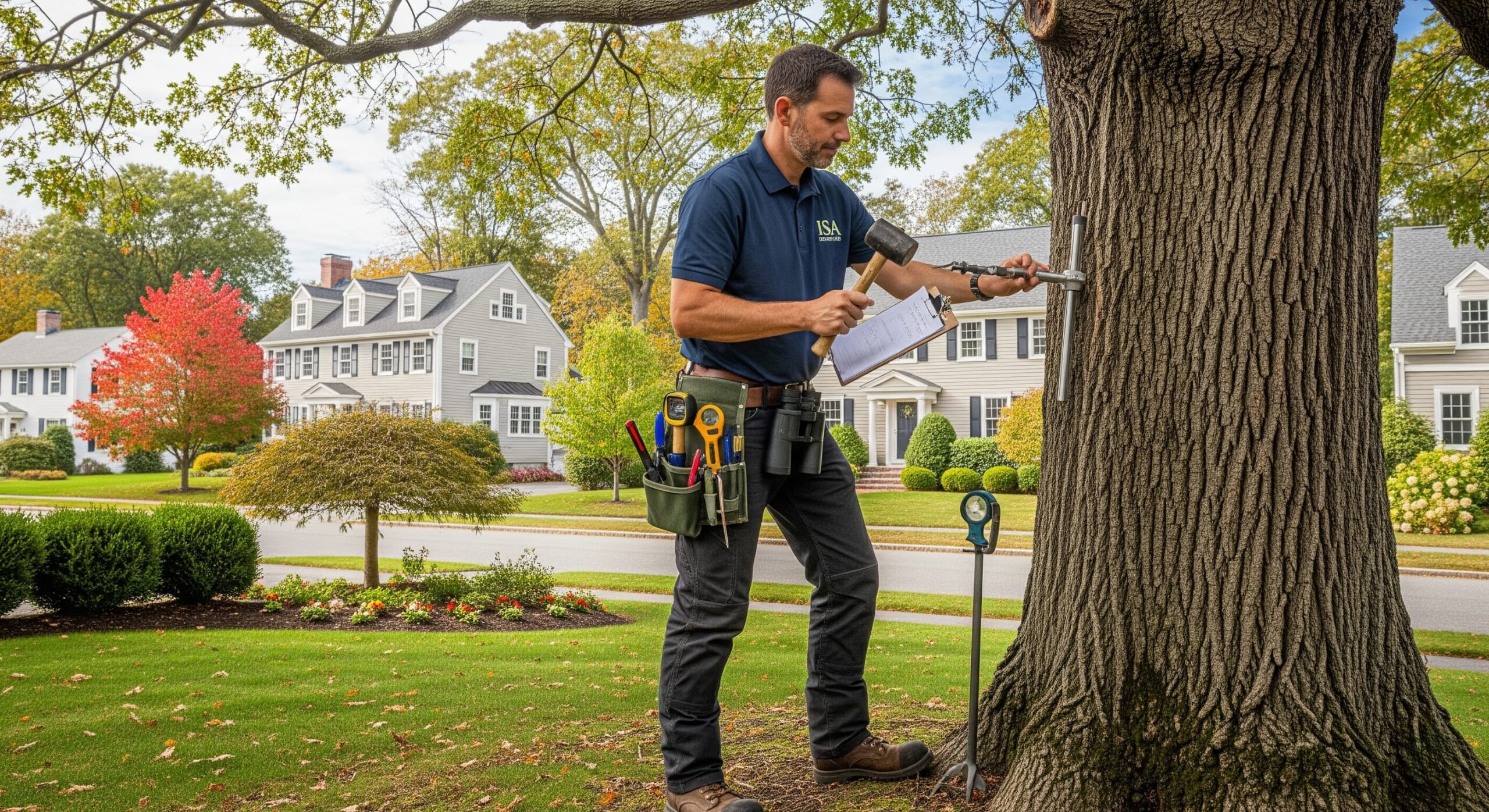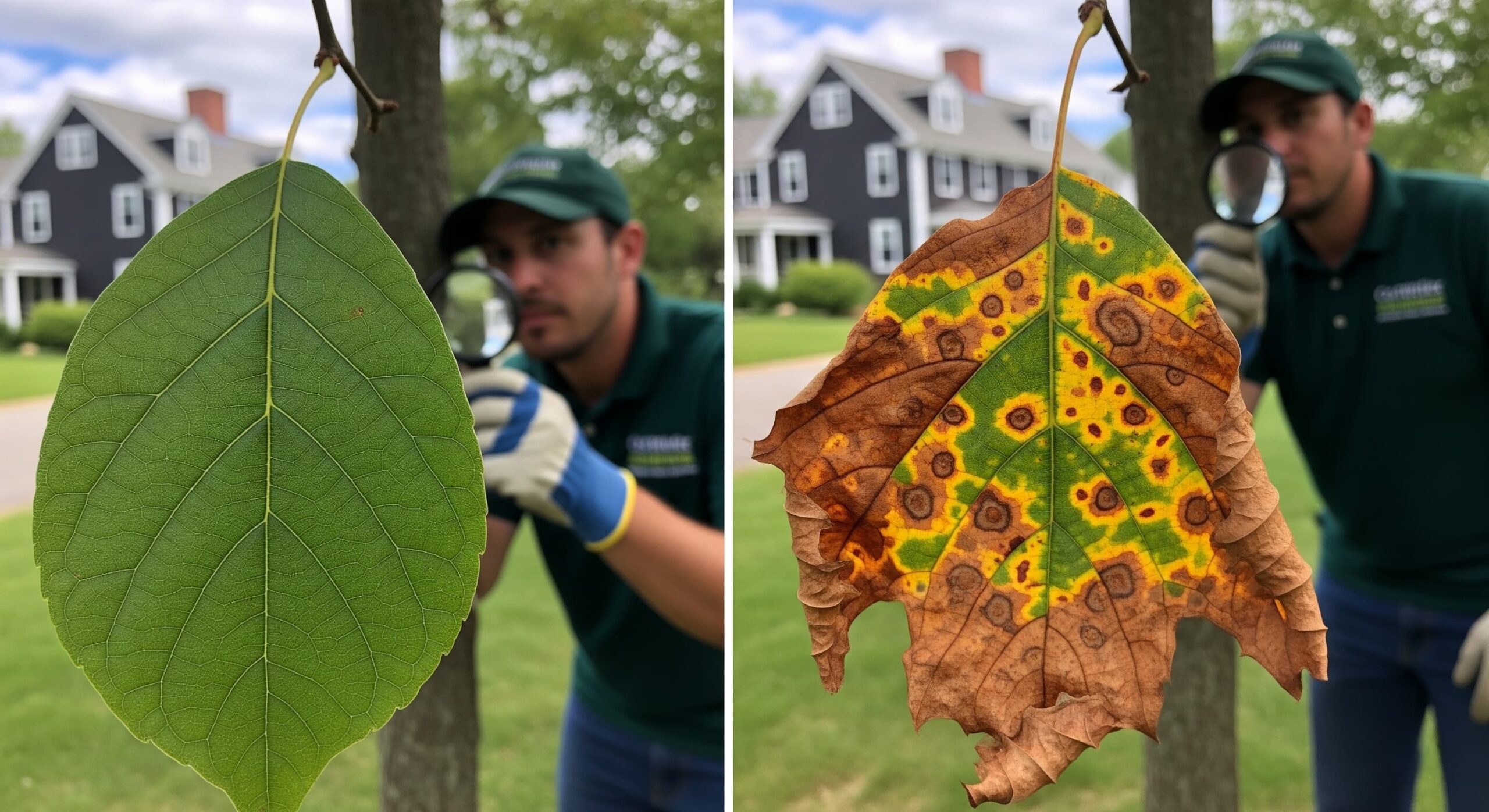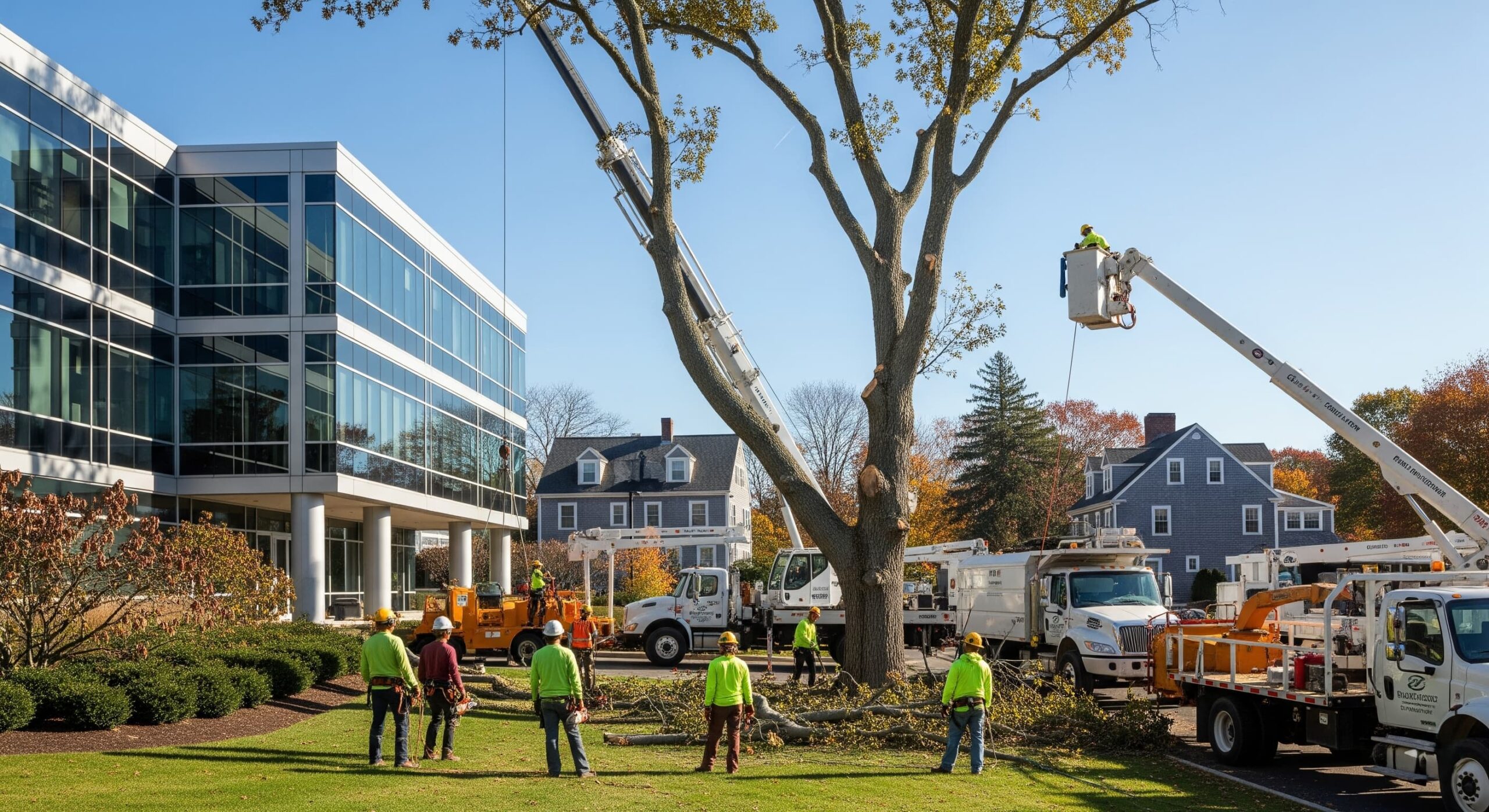
Tree Trimming: Cost Estimates & Hidden Charges in Framingham
Tree Trimming Framingham
Determining how much it will cost to trim trees in Framingham is a process that involves analyzing multiple variables that affect your total price for the service. Homeowners in Massachusetts pay anywhere from $200 to $3000 for tree trimming services by professionals; the average cost per job is approximately $900. Pricing transparency relies heavily on communication between contractors and property owners regarding project specifics and potential problem areas that may arise. Therefore, hidden fees or other additional expenses can greatly increase the estimate that you are initially provided. As such, homeowners need to be as well-informed as possible when planning their budgets. Allowing professional companies to generate detailed written estimates prior to starting work allows them to clearly outline what you should expect to pay, including all of the costs associated with the job.
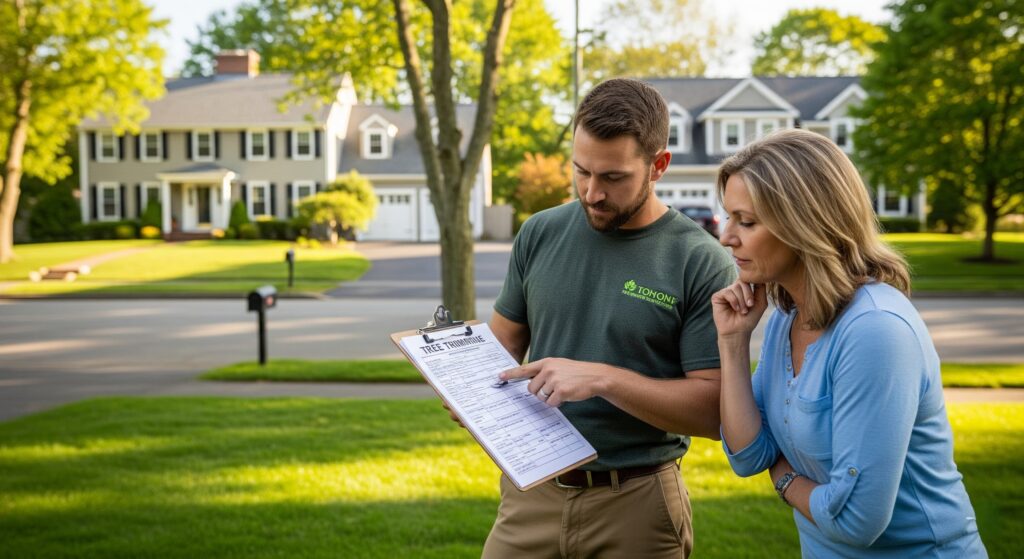
How Much Does Professional Tree Trimming Cost?
The cost of professional tree trimming depends mostly on how big the tree is. For example, small trees that are less than 30 feet tall usually cost anywhere from $200 to $500 to trim. The cost of medium-sized trees that are between 30 and 60 feet tall, which are the most common size of residential trees, usually costs between $600 and $800 to trim. Larger trees that are over 60 feet tall can cost as much as $1,700 to $3,000 or even more, depending on how hard it is to get to them and how complicated the job is.
What Do Professional Tree Care Services Charge Per Hour?
If a tree care service has to climb a tree using specialized equipment and techniques, the hourly rate can range from $50 to $125 an hour, depending on the complexity of the job. Because emergency tree trimming requires a quick response to urgent situations, it is commonly priced 30 percent to 60 percent above normal rates, since the company must pay employees overtime wages to respond immediately.
Regional Pricing Differences
Pricing for tree trimming in the MetroWest region of Massachusetts is based on average local labor costs and how many other professional tree services operate in the same area. There may be price differences depending on where you live in Framingham Center or Saxonville due to property access issues and local regulations. The demand for tree services varies with the season; therefore, many tree trimming companies discount their pricing 10 to 15 percent during the slowest months (winter) to fill the gaps in their schedules.
Hidden Fees to Watch out For
One of the most common hidden fees involved with tree trimming is for debris removal. Many tree trimming professionals will provide a base estimate for the actual trimming of your tree, then charge extra for removing the branches and logs. They may charge anywhere from $75 to $250 to remove each load of debris. It is essential to request clarification from your professional tree service provider if they plan to include debris removal in your original estimate.
Another hidden fee to watch out for is travel fees, which can add $50 to $200 to your bill, especially if you are located in a rural area outside of the service provider’s normal operating area. Service providers typically charge an average of $0.50 per mile for travel time to get to remote jobsites, although this fee is often waived for larger jobs or for customers living within a certain distance.
Specialized Equipment Requirements May Generate Additional Charges
Many times, service providers do not factor into their original estimates the need for special equipment, such as cranes or bucket trucks, to safely access and trim the trees. If a crane is needed to remove branches from a tree that is close to a building, power line, etc., this can add an additional $500 to $1,500 per day to the cost of the project. Similarly, renting a bucket truck to reach high branches can add $250 to $600 per day, depending on the rental duration and the service provider’s labor rates.
Factors That Impact Your Final Costs
The type of tree is the number one factor that impacts the difficulty of the trimming process and ultimately your final costs. Trimming hardwood species, such as oak or maple, takes longer and is more labor-intensive, and can increase the cost of the job by $50 to $150 per tree compared to trimming softwood species, such as pine or spruce.
Accessibility of the property greatly impacts the price of the service. Trees that are difficult to access can increase the cost of the service by 20 to 50 percent. Trees that are located in proximity to buildings, power lines, or in congested areas require specialized techniques and additional safety precautions that increase the overall time and complexity of the project.
Timing and Seasonality of the Job
Jobs completed as part of an emergency, i.e., because of a storm or heavy snowfall, are subject to a significant premium over normal pricing due to the urgency of the situation and increased risks to both the service provider and the property owner. Properties throughout the Nobscot and other established neighborhoods are often subject to immediate attention by emergency service providers after severe weather events occur, and emergency service pricing is often 50 percent or more greater than normal pricing.
Regulatory and Permit Costs
Depending on where you live in Massachusetts, there may be permits required for certain types of tree trimming. For example, if you live in an area with public shade trees or trees that are adjacent to utility lines, there may be permits required for any trimming that is done on those trees. The cost of permits can range from $60 to $150 per permit, although costs can vary depending on the location and the specifics of the job.
In addition to permits, some municipalities in Massachusetts require an arborist report for larger trimming projects, which can add an additional $300 to $860 to the total cost of the project. Arborist reports provide a level of documentation that ensures compliance with local tree preservation ordinances and can be used to support permit applications.
Insurance and Liability
Reputable contractors include liability and workers’ compensation insurance costs in their pricing. Low-bid contractors may not have sufficient insurance, so it is important to verify that the contractor has the correct insurance coverage prior to hiring them to complete the job.
How to Get Accurate Written Estimates
Professional tree service companies provide accurate written estimates that detail the scope of the project and any potential additional costs. The estimate should detail what work will be performed, who will be responsible for cleaning up the job site, how the debris will be disposed of, and if any additional circumstances could result in additional charges.
Obtaining Multiple Estimates from Qualified Contractors
Comparing 3 to 4 detailed written estimates from reputable contractors allows homeowners to determine if there is consistent pricing in the marketplace for their specific job. Comparing estimates can also identify potential warning signs of low-ball bidding by unqualified contractors.
Questions to Ask Contractors
Homeowners should ask contractors questions regarding what services will be provided, if cleanup and disposal of debris are included in the bid, if specialized equipment will be needed to complete the job, and if there will be any additional charges for things such as stump grinding or branch chipping. Understanding these details upfront can eliminate surprises when the job is finished.
Seasonal Pricing Opportunities
As a homeowner, you can save money on tree trimming by taking advantage of seasonal pricing opportunities. Due to reduced demand for tree trimming in the winter, winter months are usually the best time to find discounts. Additionally, performing tree trimming during the dormant season is less stressful on trees, and the branches are easier to see.
Summer months, when demand for tree trimming increases, typically result in higher prices. However, when emergencies arise, due to storm damage, for example, homeowners may still be forced to hire a contractor at a higher price point than they would have paid during the non-emergency season.
Package Deals and Maintenance Contracts
Many tree service companies offer package deals that include tree trimming along with other services, such as stump grinding, pest-control treatments, or additional tree services. Bundling services together can sometimes be less expensive than purchasing the services individually. Homeowners should evaluate each service individually and consider if they really need each service before signing up for a package deal.
Additionally, maintenance contracts can provide homeowners with a cost-effective way to manage the health of their trees and reduce costs associated with tree trimming over time. Annual or multi-year contracts can provide discounted rates for tree trimming services and priority scheduling during peak seasons.
Pricing for Additional Services
Wood-chipping services are typically billed on an hourly basis and can cost anywhere from $100 to $150 per hour. Log-splitting for firewood can cost anywhere from $50 to $100 per hour. These services can be a valuable option for homeowners who want to reuse the debris removed from their property, although they will likely require additional time and labor to perform.
Red Flags in Tree Trimming Estimates
Door-to-door solicitors offering very low-priced tree trimming services are often unlicensed, uninsured, and inexperienced. Often, these contractors add hidden fees to the bill as the project progresses and/or do sub-standard work that leads to future repairs.
Low bids that are significantly lower than typical pricing for a similar job may indicate shortcuts taken by the contractor in terms of safety measures, equipment usage, or cleanup responsibilities. It is recommended that homeowners research low bids thoroughly and confirm a contractor’s qualifications before agreeing to any work.
Warning Signs of Untrustworthy Contractors
Contractors who expect full payment for the job upon signing of the contract, who cannot provide proof of licensure or insurance, or who will not provide a written estimate should be avoided. A reliable tree service will communicate clearly and provide a detailed estimate of all work to be performed.
Framingham Tree Experts provides transparent pricing with detailed written estimates that clearly outline all services and potential additional costs.
